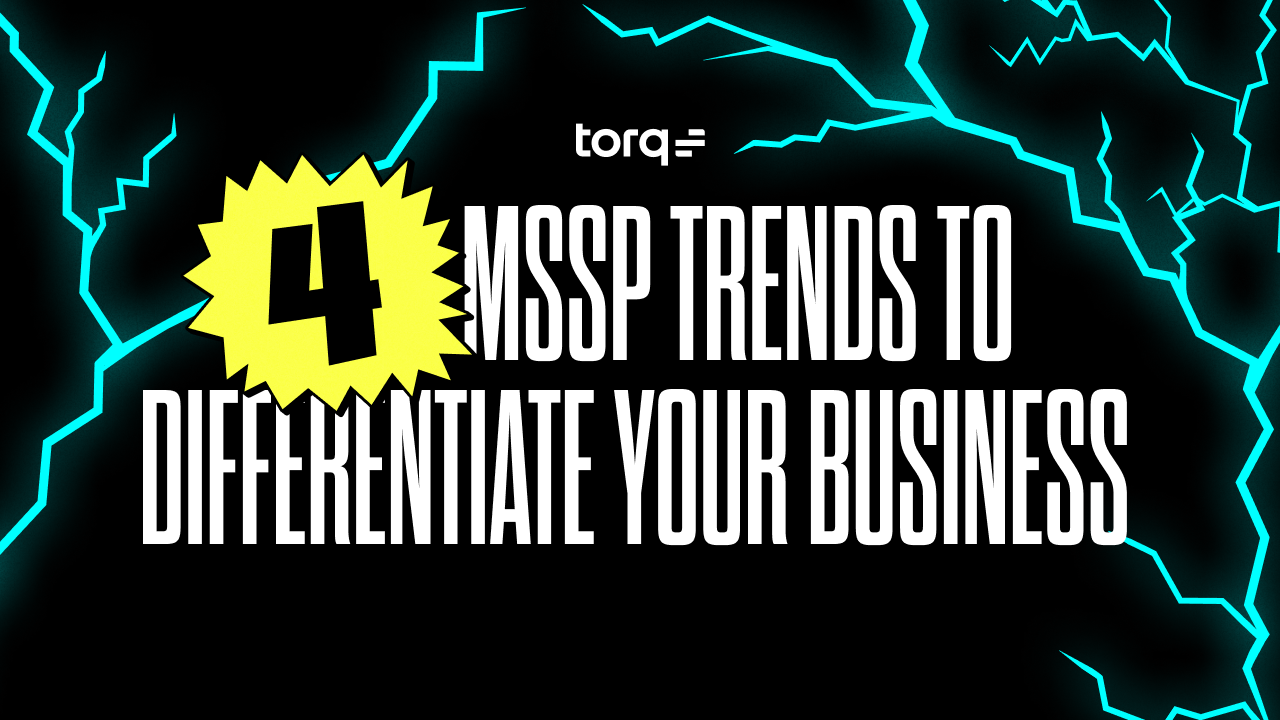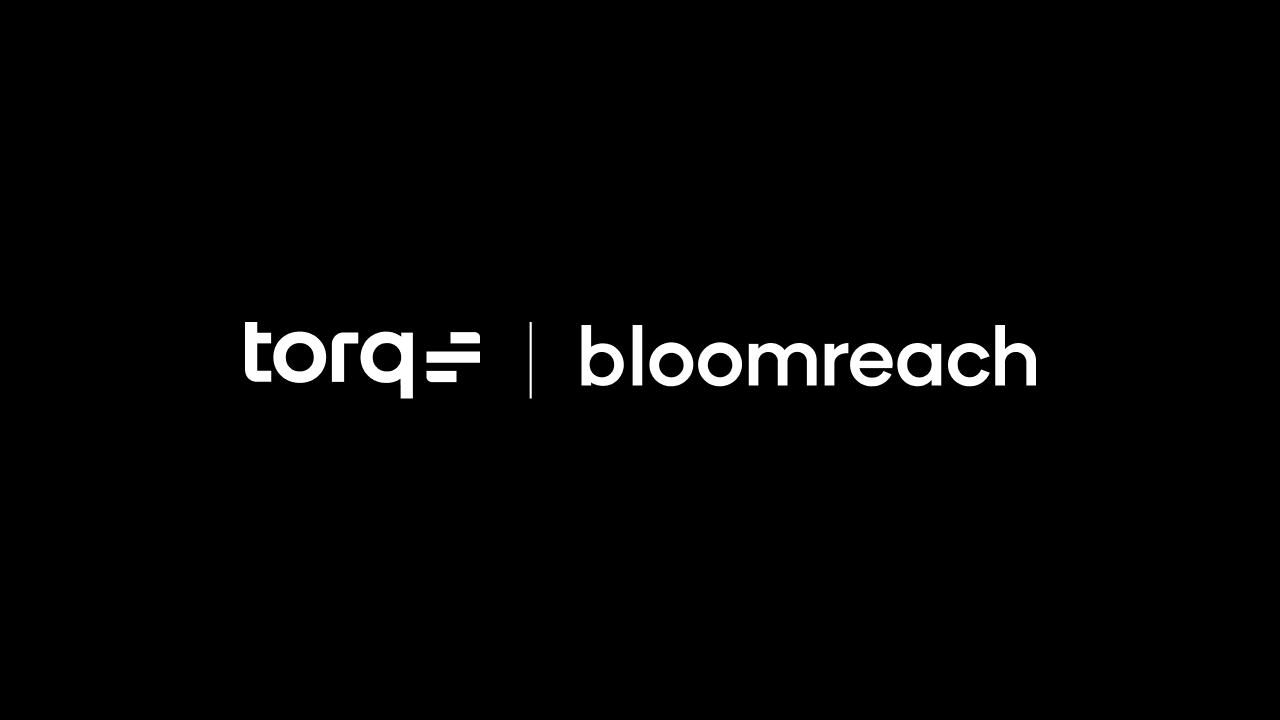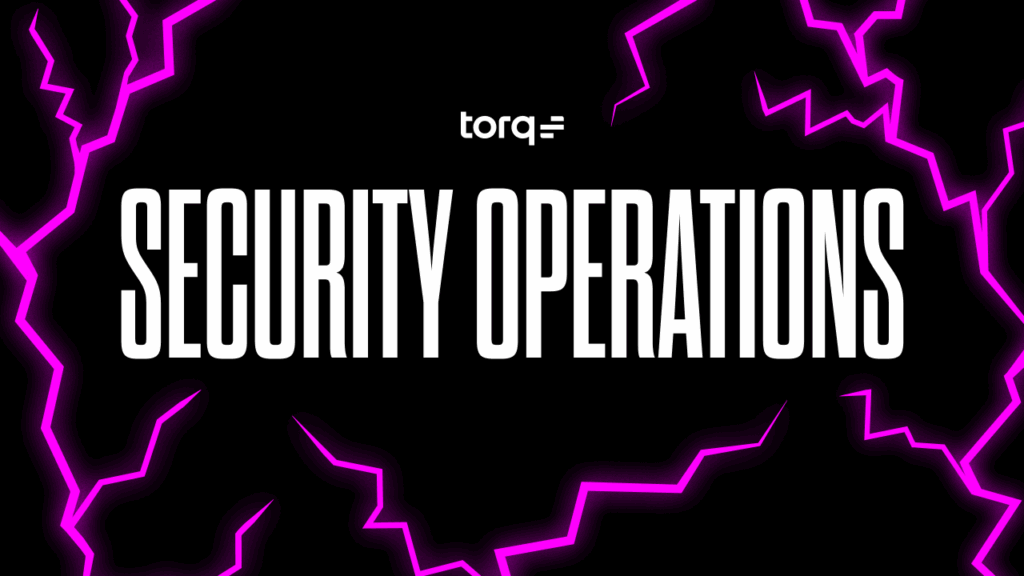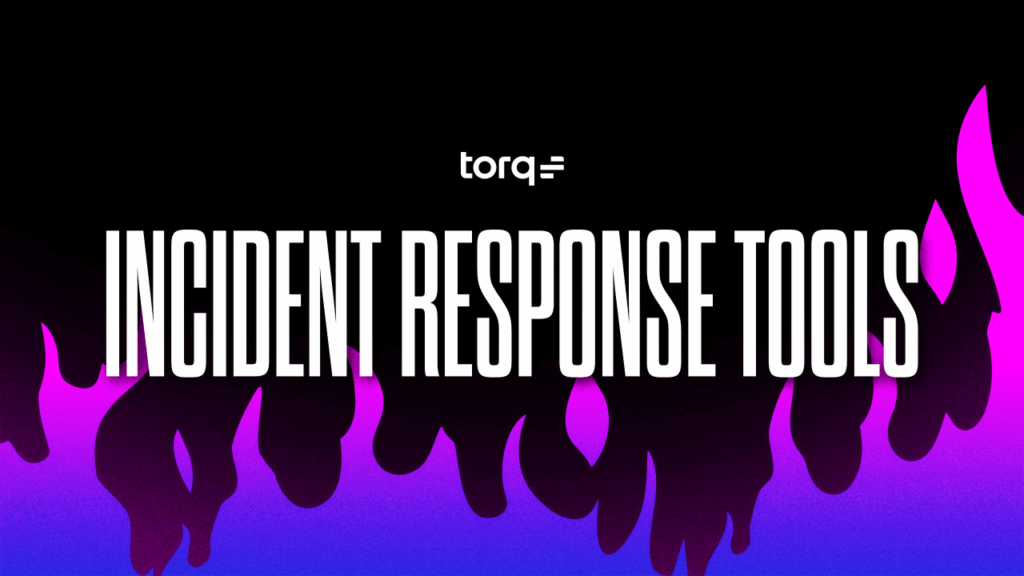Contents
Get a Personalized Demo
See how Torq harnesses AI in your SOC to detect, prioritize, and respond to threats faster.
MSSPs have huge potential for growth as more and more companies turn to experts to outsource their cybersecurity. Tailwinds such as escalating cyber threats, the need to protect more customer data than ever before, and growing compliance requirements are driving the managed security services market’s growth at a compound annual growth rate of 15.4% from 2023 to 2030.
But competition is fierce in a market crowded with thousands of MSSPs — and the landscape is constantly evolving in response to seismic shifts like the rise of AI.
How do you stand out from the MSSP crowd while adapting to major changes? Below we break down four key trends forward-thinking MSSPs are capitalizing on to differentiate their business and win.
MSSP Trend #1: Budgets are Shifting to More Proactive Security Solutions
In 2024, over 70% of businesses increased spending on proactive security solutions, outstripping spending in preventative and reactive measures.[1] It’s pretty easy to see why: a proactive approach helps organizations get ahead of threats before vulnerabilities can be exploited — rather than constantly dealing with the fallout from attacks that have already happened.
Proactively identifying and remediating exposures can lower the overall security workload over time while decreasing the likelihood of downtime, data breaches, lost productivity, and lost revenue from attacks. To win business amidst this spending shift, MSSPs need to evolve their approach, services, and messaging towards a proactive stance.
Why this is great for MSSPs: Not only are clients increasingly looking for proactive security solutions, adopting a proactive posture also makes a better business case for MSSPs.
It’s difficult to attach clear ROI to a reactive, defensive stance because lack of failure is hard to quantify. Flipping the script to an offense-oriented, proactive posture enables more tangible measurement of harm mitigation and risk reduction. This helps MSSPs make a stronger business case to clients, and in turn, helps their clients demonstrate effective results to their own leadership when justifying budget allocation for security investments.
MSSP Trend #2: CTEM Brings Opportunity to MSSPs Through Prioritized Threat Remediation
A proactive approach to security must be implemented programmatically in order to succeed. Gartner, Inc. introduced the concept of Continuous Threat Exposure Management (CTEM) as a new methodology for security teams to reduce future exposure amidst a dynamically shifting threat landscape.
Not every vulnerability is created equal — a key component of CTEM is to prioritize vulnerabilities based on urgency, exploitability, and potential impact on the business.
According to Gartner, Inc., by 2026, organizations that prioritize their security investments based on a continuous exposure management program will be 3x less likely to suffer a breach.
Why this helps MSSPs differentiate: A prioritized approach to threat remediation recommendations enables clients to focus their resources where they will have the most impact: critical vulnerabilities. This efficiently maximizes risk reduction — and helps MSSPs redefine their role as strategic partners, rather than just service providers.
Strategic recommendations also help MSSPs improve collaboration with clients’ internal teams when remediation actions are needed. Rather than lobbing an unmanageable barrage of issues that need fixing over the fence to a client’s overwhelmed IT teams, providing high-priority recommendations alongside justification for why the remediation matters to the business will enable client teams to more effectively address their most urgent vulnerabilities.
MSSP Trend #3: SOAR is Out — and Hyperautomation is Maximizing MSSP Margins
A proactive, programmatic security strategy requires a robust tech stack that streamlines processes and empowers human experts. For MSSPs, Security Orchestration Automation and Response (SOAR) was supposed to be the silver bullet to help them automate operations at scale. However, SOAR’s monolithic architecture and reliance on proprietary connectors failed to deliver even the most basic functionality required to effectively automate security operations — and it’s left MSSPs locked-in to a rigid vendor stack, unable to scale, and bleeding margins.
Enter Hyperautomation. Cloud-native, built for multi-tenancy, and with limitless security integrations and automations, the Torq Hyperautomation platform is changing the game for MSSPs. Hyperautomation:
- Offloads repetitive tasks by instantly automating any security process using thousands of pre-built integration steps and AI-generated workflows.
- Frees up MSSP teams to focus on high-value work by proactively identifying threats, prioritizing investigations, and only elevating cases to the appropriate analyst when human-in-the-loop intervention is needed.
- Onboards new clients in minutes and reduces onboarding costs by securely sharing workflows across environments.
- Seamlessly integrates with every tool in your clients’ existing security stack.
Why this matters to MSSPs: The supercharged efficiency gains from Hyperautomation means your MSSP can do more, faster — without increasing headcount. This translates to reduce customer acquisition costs, boosted margins, faster-time-to-value, and improved SLAs. Sounds like a win-win-win-win.

MSSP Trend #4: AI-Powered SOCs are Rapidly Becoming the Future of Security Operations
MSSP SOCs are under siege from a tsunami of threats growing in severity and complexity, exacerbated by an ongoing talent shortage. Security analysts can only address half of the alerts they’re assigned each day, and nearly half say average detection and response time has increased within the past two years,[2] impacting MSSPs’ ability to meet SLAs. This can lead to penalties, customer churn, and reputational damage.
AI has radically changed the security world — and it’s key to helping MSSP SOCs beat burnout and stay ahead of evolving threats. Leveraging AI in security operations is not about replacing analyst jobs, but rather augmenting and upleveling existing staff so they can make informed decisions faster without being bogged down by low-level alerts.
With Torq, MSSPs harness the power of AI through:
- Socrates, the AI SOC Analyst: Socrates can autonomously execute SOC-defined runbooks written in natural language, auto-remediating 95% of cases within minutes. For critical cases, your human analysts can collaborate with Socrates using natural language to summarize case details, request additional information, and trigger complex remediation workflows — upleveling the capabilities of your team and speeding up response times across the board.
- AI Workflow Builder: Create custom security automation in seconds by describing your needs in simple, natural language, then previewing and customizing the results — no code required.
- AI Case Summaries: Rather than manually slogging through pages of logs and incident details, Torq automatically presents your team with a concise, insightful summary of each case, surfacing critical insights and recommendations so your team can make the right decisions quickly.
Why this helps MSSPs: By automating workflows, speeding up processes, enriching and summarizing cases, and augmenting human expertise, Torq helps MSSP SOC teams achieve machine speed response and start building an autonomous SOC. This results in a faster MTTR to better serve customers — improving their satisfaction and retention.
Not only that, an AI-powered SOC helps eliminate alert fatigue and analyst burnout so your team has the bandwidth to focus on the bigger picture: strategically securing your clients’ organizations.
“We are impressed by how [Torq’s] AI augmentation capabilities empower [SOC] staff members to be much more proactive about fortifying the security perimeter.”
Unlock Growth and Differentiation: The Power of Proactive, AI-Enhanced Security
Proactiveness, prioritization, Hyperautomation, and AI are the future of security operations — and the keys to MSSP evolution and success. Adopting these now will help you stand out, better serve customers, hold on to your best talent, and boost your margins.
Explore how Torq is helping MSSPs get ahead of the curve and win.
Sources:







